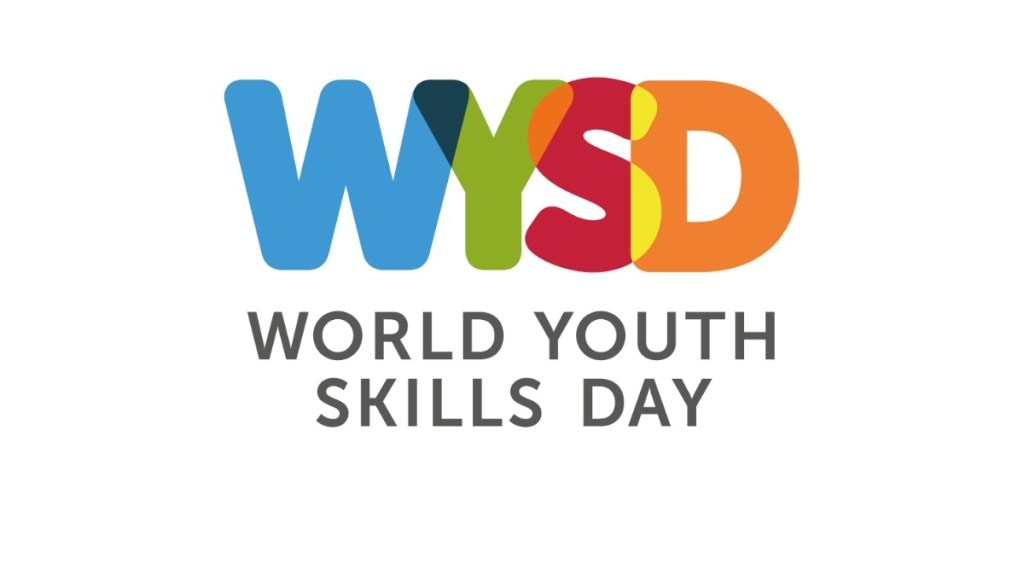On the World Youth Skills Day – celebrated on July 15 – we are reminded of a defining challenge and opportunity of our time: preparing young people to succeed in a workforce reshaped by artificial intelligence, automation, and rapid digital transformation. As industries undergo profound changes, equipping youth with the right skills is not just important, but essential for meaningful employment, entrepreneurship, and innovation. The future of work demands two critical attributes: a global mindset and a digital skillset.
How do you use AI?
According to the United Nations, seven in 10 young people globally are either unemployed or working in informal jobs due to a lack of relevant skills. India mirrors this trend: a 2024 NITI Aayog report estimates that over 50% of Indian youth are not job-ready, particularly for roles emerging in AI, data science, cybersecurity, and digital marketing. Meanwhile, an overwhelming 86% of students globally are using AI tools in their coursework, but nearly half (48%) feel unprepared for a future shaped by AI. This growing disconnect highlights the critical need for educators, technologists, and policymakers to come together and bridge the global digital skills gap.
Jobs in demand
The ongoing tech revolution is not only transforming job roles, but is reshaping the nature of work. Automation is replacing repetitive tasks, while data-driven decision-making is redefining strategic roles. Engineers, data scientists, and analysts are still in demand, but so too are creative thinkers, empathetic leaders, agile learners, and effective communicators. Soft skills like leadership, critical reasoning, cultural adaptability, and emotional intelligence are becoming indispensable.
Crucially, digital skills must go beyond basic tech literacy. True digital fluency means understanding how digital systems work, where data flows, and how ethics and governance intersect with technology, especially in areas like AI. A successful digital economy is built on more than just code; it requires knowledge of digital ethics, online safety, media literacy, and the ability to critically engage with new technologies. These are the cornerstones of producing responsible global digital citizens.
Global mindset
In this context, a global mindset is no longer a luxury, but a necessity. Whether one works for an MNC, is building a start-up working with colleagues across the world, or is collaborating as part of a large virtual team, a global mindset must be baked in with technical know-how. This means that education systems must include sessions and courses on cross-cultural communication and adaptability, with a focus on understanding major global issues, ranging from climate change-related issues to data governance and storage norms, as well as the ethical use of AI.
India’s opportunity
India, home to over 600 million people under the age of 35, holds the world’s largest youth population. This is a unique opportunity, but one that hinges on how we educate and empower our youth. The recent decision to allow foreign universities to establish campuses in India under the National Education Policy (NEP 2020) is a welcome move. Prestigious global institutions bringing their pedagogy, research standards, and global networks to Indian cities will not only raise academic standards, but also foster cross-cultural exposure and a global perspective right at home.
Future of learning
Achieving meaningful transformation in youth skills development demands cohesive collaboration across sectors spanning government, industry, academia, and innovators. A systemic shift is needed to ensure that education ecosystems are aligned with the evolving demands of the global workforce. This includes reimagining infrastructure, pedagogy, and access, while embracing innovation that enhances learning outcomes and inclusion. Only through a united, future-focused approach can we equip young people with the capabilities to thrive in an increasingly digital and interconnected world.
The payoff is immense: a digitally-fluent, globally-aware youth force can drive innovation, accelerate economic growth, and build more sustainable, equitable societies.
On this World Youth Skills Day, let us reaffirm our commitment to a future where every young person regardless of geography or background has the tools, mindset, and opportunities to thrive. The world needs their ideas, their energy, and their courage to shape a more inclusive and prosperous future. The future of work is global. It is digital. And it must be inclusive.
The author is co-founder & CEO, Emeritus. Views are personal









